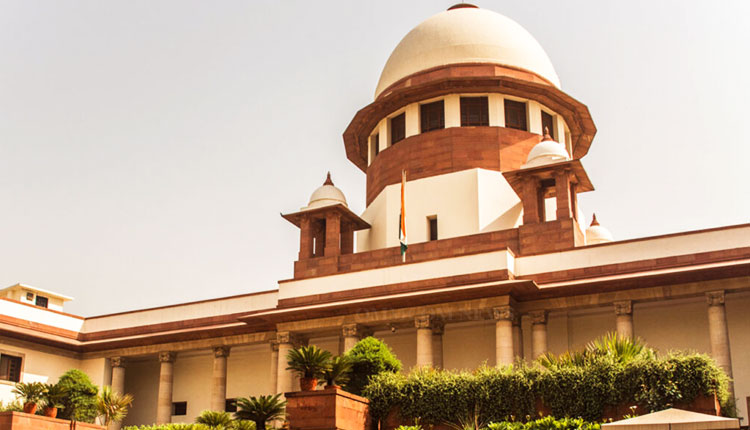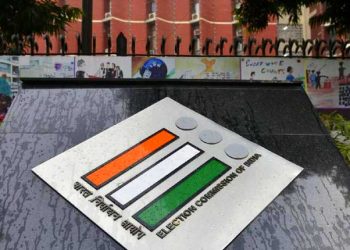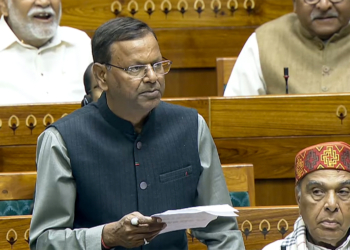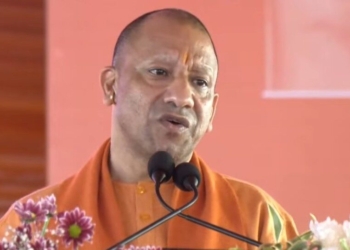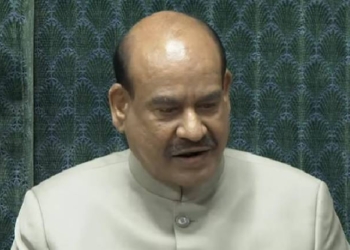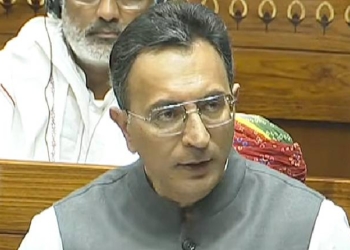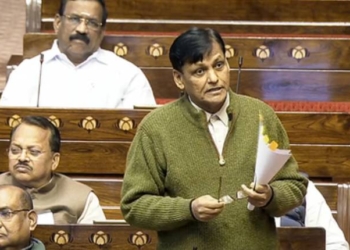New Delhi: The Supreme Court has directed an insurer to compensate the dependents of a deceased motorcyclist, even though the accident occurred while the offending bus had deviated from its permitted route.
A Bench of Justices Sanjay Karol and Prashant Kumar Mishra was hearing appeal filed against the Karnataka High Court’s judgment dated September 25, 2019, which had partly allowed claims for compensation filed by the family of the deceased, Srinivasa alias Murthy.
Murthy, the sole earning member of his family, running a small business and a ration shop, had died on October 7, 2014, when his motorcycle was hit by a bus.
The family had claimed Rs 50 lakh in compensation.
The Motor Accident Claims Tribunal had initially awarded Rs 18.86 lakh, taking the deceased’s income at Rs 8,000 per month.
The Karnataka High Court later revised this to Rs 31.84 lakh, accounting for future prospects, dependency, and other heads of loss. In its special leave petition (SLP) filed before the apex court, the insurance company had argued that the bus was off its sanctioned route from Bengaluru to Mysuru, claiming that the deviation absolved it from liability.
Rejecting this argument, the Supreme Court noted, “To deny the victim’s dependents compensation simply because the accident took place outside the bounds of the permit would be offensive to the sense of justice.
The accident itself is no fault of theirs. The insurance company must pay, while retaining the right to recover from the owner for breach of the policy conditions.
The decision relied on previous top court judgments that had held upheld the statutory liability of insurers to compensate victims, with the right to recover amounts paid from the insured in cases of policy breaches.
The Justice Karol-led Bench dismissed the appeals, directing that the family of the deceased receives timely compensation while protecting the insurer’s right to recover from the bus owner for deviation from the permitted route.
“The order of the High Court applying the pay and recover principle is entirely justified and requires no interference,” the Supreme Court observed.
(IANS)




